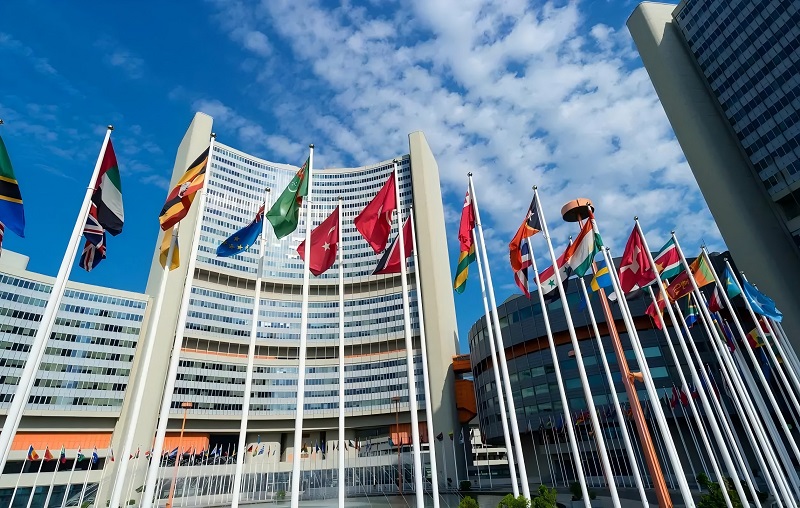Industry-news
German central bank governor warns US tariffs could lead to recession

German Central Bank Governor Joachim Nagel warned on March 12th that US tariffs could push Germany, Europe's largest economy, into recession. This warning comes at a critical moment in Berlin's debate on potential fiscal policy reforms.
We are now in a world of tariffs, "Nagel said in a BBC podcast interview, stating that if tariffs were to be implemented, Germany could face an economic recession this year. He pointed out that global tariffs may exacerbate the existing symptoms of Germany's stagnant economy. Due to the continuous impact of the COVID-19 and the energy crisis caused by Russia's invasion of Ukraine, the German economy has shrunk for two consecutive years.
Just a few months after inflation and interest rates in the eurozone began to decline, former US President Donald Trump's heavy tariff strategy has made a comeback, causing market unease and disrupting the traditional close relationship between Europe and its transatlantic allies. On March 12th, the European Union retaliated against Trump's 25% tariff on steel and aluminum imports, announcing a series of countermeasures to be implemented starting from April, involving US goods worth 26 billion euros (approximately 28.26 billion US dollars).
This is not a good policy, "Nagel said, expressing regret over the" structural changes "currently facing the world. He hoped that the Trump administration would realize that Americans would pay the highest price for this. According to data from 2023, Germany is the world's third-largest exporter, with the United States being its main import market, making it particularly vulnerable to tariffs, especially in the automotive and machinery industries.
According to World Bank data, Germany's exports of goods and services will account for 43.4% of its gross domestic product in 2023. Although data from the Federal Statistical Office shows that Germany's usually high foreign trade surplus recently dropped to 16 billion euros in January, compared to 20.7 billion euros in December.
Amidst the uncertainty surrounding US aid to Ukraine, the European Union announced its "rearmament" plan last week, intensifying the uncertainty caused by tariffs. EU countries may relax budget constraints to accommodate additional defense spending. Fitch Ratings warned on Thursday that the plan could involve nearly 800 billion euros in defense spending, potentially leading to additional debt and reducing the EU's current AAA rating space, but would not result in a direct downgrade.
In the discussion of the "debt brake" policy, Friedrich Mertz, a conservative German, was expected to become the prime minister of the upcoming ruling coalition last week. He announced the plan to reform the "debt brake" to allow increased defense spending, which triggered the rise in the yield of German treasury bond and the stock market.
The plan combines fiscal reform proposals with a 500 billion euro infrastructure fund, but has faced resistance from the Green Party. The conservative faction led by Mertz and potential future alliance partner, the Social Democratic Party, must persuade the Green Party to obtain the two-thirds majority required to change the constitutional debt brake.
Prior to the parliamentary debate on potential reforms, senior Green Party official Brita Hasselman pointed out that the debt plan has "serious conceptual loopholes and errors" in areas such as climate change prevention. Thursday's meeting will only result in a draft law, and the review on March 18th may have a decisive impact on the legislation.
In a report on Wednesday, analysts at Deutsche Bank maintained their basic view that the reform's eventual passage through parliament in the coming week is "unlikely to be smooth sailing," indicating that "a compromise proposal will not significantly change the bank's previously calculated expectation of achieving a fiscal stimulus of 3% -4% of GDP by 2027 at the latest, based on conservative initial proposals.
RELATED NEWS
CATEGORIES
LATEST NEWS
CONTACT US
Name: Mr.Zhonghua Zhao
Mobile:08618220867196
Tel:08615221391436
Whatsapp:8618220867196
Email:intrade@xaqhxn.com
Add:Room 205, 2 / F, Lane 16299, Puwei Road, Shanyang Town, Jinshan District, Shanghai

